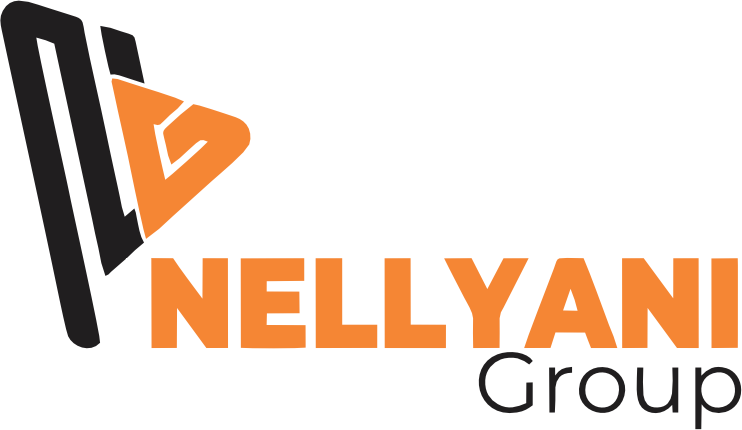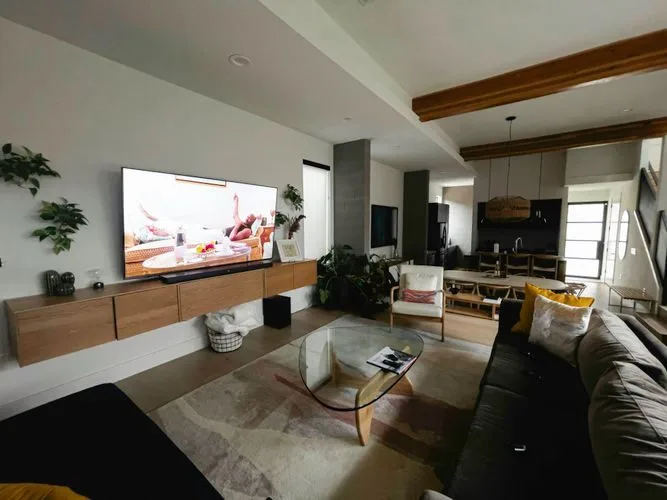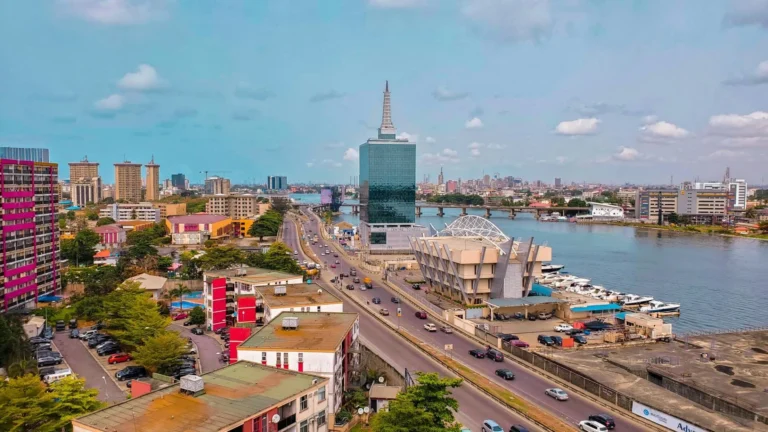Nigeria’s Housing Deficit – A Growing Challenge
Nigeria’s urbanization is accelerating at a pace never seen before. With a population exceeding 220 million and an annual growth rate of more than 2.5%, millions of Nigerians migrate into cities every year. Yet, the country faces a staggering housing deficit of 17–20 million units.
This gap has severe consequences: rising rent costs, overcrowded settlements, and increased poverty. Affordable housing is no longer just a social need, but an economic imperative.
Why Affordable Housing Matters for the Economy
Affordable housing has a ripple effect on national development. When families access quality, affordable homes:
Improved Productivity
Secure shelter gives workers stability and improves concentration, boosting productivity in the workplace.
Wealth Creation
Real estate is an appreciating asset. Affordable housing allows more Nigerians to become homeowners and build intergenerational wealth.
Job Creation
From construction workers to suppliers, housing projects generate thousands of jobs that uplift communities and stimulate local economies.
Urban Growth
Well-planned housing reduces slums, improves city infrastructure, and drives sustainable development.
NellyAni Properties’ Approach to Affordable Housing
Flexible Payment Models
We understand financial challenges, so we create payment structures that spread costs over time. This helps middle-income earners access homes without overwhelming upfront payments.
Smart Designs
Our projects use space-efficient layouts that maximize comfort without unnecessary luxury costs.
Sustainable Materials
By integrating durable, locally sourced, and eco-friendly materials, we keep costs manageable while ensuring longevity.
Community-Centered Projects
NellyAni estates include schools, health centers, green spaces, and shopping facilities, ensuring holistic community living.
Challenges in Delivering Affordable Housing
Rising Construction Costs
Exchange rate fluctuations and inflation affect the price of cement, steel, and imported fixtures.
Land Acquisition Issues
Land title disputes and bureaucratic red tape delay projects.
Infrastructure Deficit
Lack of reliable electricity, roads, and water systems increases the cost of delivering truly affordable housing.
At NellyAni Properties, we counter these challenges by partnering with credible suppliers, leveraging bulk procurement, and integrating infrastructure development within our estates.
Affordable Housing and Nigeria’s Future Growth
The link between housing and the economy is undeniable. By addressing Nigeria’s housing deficit, developers like NellyAni Properties are:
- Expanding homeownership opportunities.
- Reducing urban poverty.
- Driving sustainable community growth.
- Contributing to GDP expansion.
Conclusion
Nigeria’s housing crisis is both a challenge and an opportunity. NellyAni Properties is committed to making quality homes accessible, affordable, and sustainable for families and investors. With every estate we build, we contribute to the nation’s economic future—one home, one family, and one community at a time.


